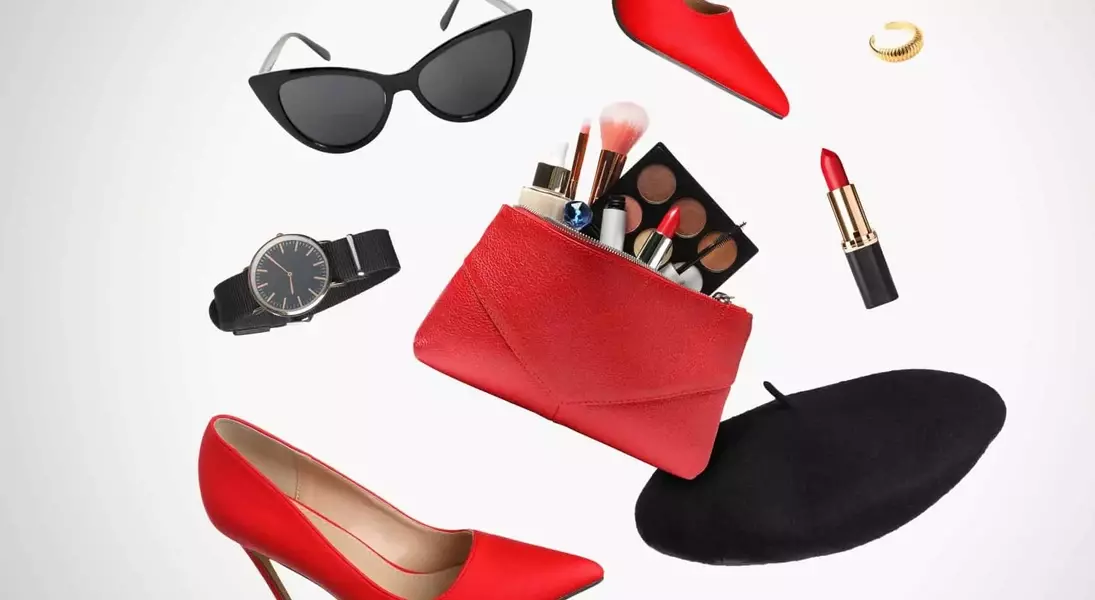
The fashion and beauty sectors are undergoing a transformation driven by evolving consumer preferences and technological advancements. As direct-to-consumer brands continue to proliferate, the focus has shifted from traditional advertising methods to more engaging and authentic forms of storytelling. In this new era, brands must harness the power of visual narratives that resonate with their audience, particularly younger generations who prioritize transparency and relatability.
A significant shift in marketing strategies involves embracing real-life content over polished perfection. This trend is evident in documentary-style campaigns and short-form videos that provide an insider's view into brand operations. Collaborations with micro-influencers have also gained traction, as these individuals often foster deeper connections with niche audiences. Furthermore, user-generated content plays a crucial role in establishing trust within communities while enhancing engagement levels across various platforms.
Social commerce is redefining how consumers interact with fashion and beauty products. Platforms such as TikTok Shop and Instagram Checkout now serve as virtual storefronts where users can seamlessly transition between browsing and purchasing items. To capitalize on this trend, businesses need robust infrastructures capable of supporting live shopping events, exclusive discounts during livestream sessions, and integrated cart systems that enhance user experience.
Inclusivity and personalization remain at the forefront of successful marketing initiatives. Brands utilizing artificial intelligence for quizzes or analyzing customer behaviors can tailor product recommendations effectively. Moreover, showcasing diversity in advertisements fosters stronger relationships with customers who value representation. Augmented reality technologies offer immersive experiences allowing shoppers to visualize purchases before committing, reducing return rates significantly.
Sustainability continues to influence purchasing decisions among environmentally conscious consumers. Transparency regarding ethical practices strengthens brand credibility while appealing to values-driven demographics. By incorporating eco-friendly packaging and promoting recycling programs, companies demonstrate commitment towards reducing environmental impact.
As we move forward into 2025, it becomes clear that authenticity, inclusiveness, interactivity, and sustainability will define effective marketing strategies within the fashion and beauty industries. These principles not only drive higher returns on investment but also cultivate lasting loyalty amongst discerning audiences worldwide. Embracing innovative approaches ensures brands remain relevant amidst rapid changes shaping today's marketplace.
